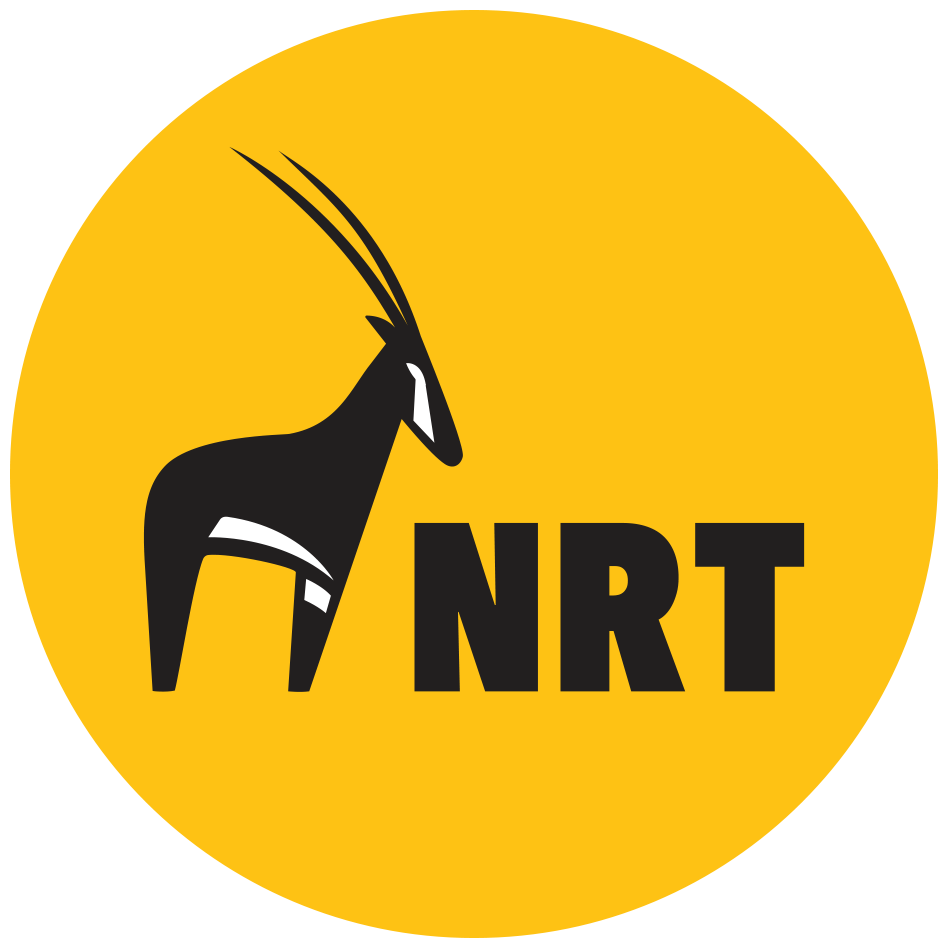Ranger Graduation Ceremony
Community participation is the future of wildlife conservation, according to NRT Board Chair Dr. Julius Kipng’etich. He was speaking during the graduation ceremony of 233 community rangers drawn from 38 of NRT’s member community conservancies at the Kenya Wildlife Service’s Law Enforcement Academy (LEA) in Manyani, Voi, on August 5.
Click the video above to watch a short film highlighting the pomp and celebration of the graduation ceremony.
Dr. Kipng’etich notes that traditionally, the role of protecting biodiversities has largely rested on the shoulders of the government, while the potential of local communities’ involvement has been overlooked. He proposes a review of the Wildlife and Management Act of 2013, to clearly define and reinforce the role of communities in biodiversity conservation. “A review is needed to highlight the crucial role communities play in conservation. This would enable the government to provide assistance to the conservancies that host wildlife,’’ he notes.
He encouraged the new graduates to impact their society positively and be at the frontline of conservation. “This is the beginning of a long journey. Here, you have gained knowledge and skills, and now, you take them home to improve the environment, to safeguard wildlife and to better your community,’’ he said.
The ceremony marked the end of a rigorous three-month Basic Ranger Training Course at the Academy, that aimed at improving the capacity of the rangers in various fields, including wildlife monitoring, anti-poaching law enforcement and general ranger discipline.
The training saw 26 women participate and successfully complete the training. Among them was Rahma Hassan, a ranger from Kinna Community Conservancy in Isiolo. She is delighted that she and most of her counterparts from other conservancies have broken the gender stereotype, especially in a landscape which has for a long time shied away from involving women directly in conservation.
“We have learned how to support our communities, conserve our environment and protect our wildlife. Some people think that women cannot do this work, but I think we can do it even better than the men! I’m good to go!” says an elated Rahma.
Samuel Lekimaroro, NRT Head of Security reveals that the recent exercise recorded the highest number of trainee rangers in the history of KWS. He is also optimistic that the graduates will play a key role in alleviating some of the challenges experienced in their communities. “Northern Kenya experiences various cyclical challenges, including effects of climate change, ethnic dissension and human-wildlife conflict. We have brought our rangers here to learn the skills to help combat such problems.”
These 233 newly trained community scouts now return to their conservancies to immediately begin working to improve community livelihoods, protect wildlife and secure peace across the vast NRT landscape.





